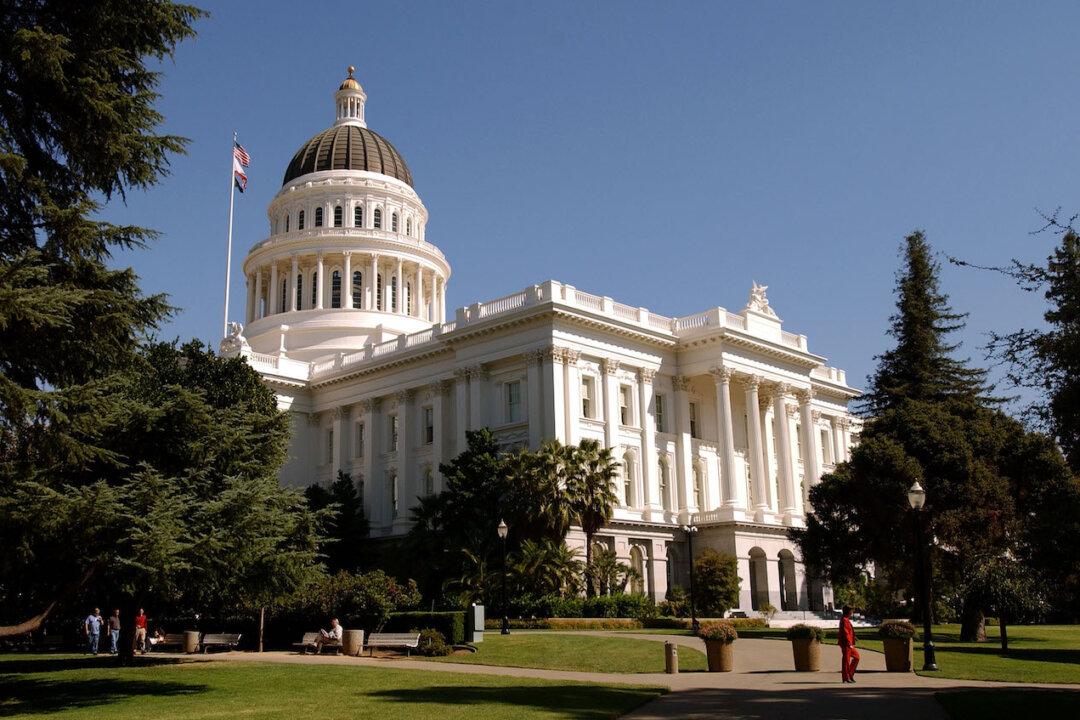A federal judge in California has ruled that California can enforce its net neutrality law, rejecting efforts from a group of internet service providers seeking to block the measure.
The Federal Communications Commission (FCC) had issued nationwide net neutrality regulations in 2015 under the Obama administration, but later repealed the rules in 2017 under the Trump administration.




